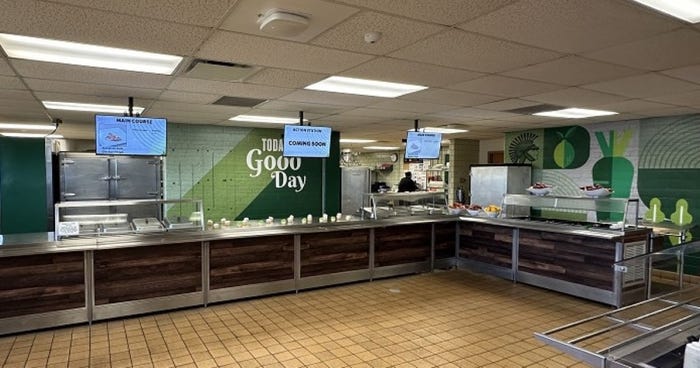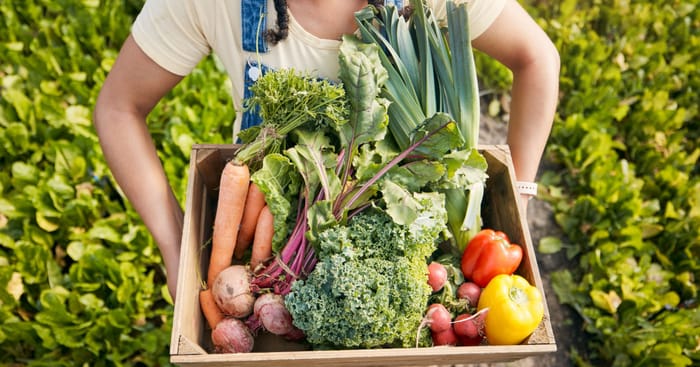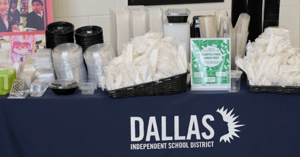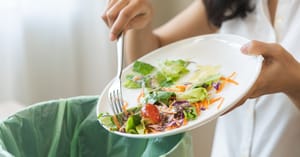Sponsored By
Sustainability
Carbon foodprint 
Colleges & Universities
Chartwells Higher Ed 'sets the tone' as the first college foodservice provider to track elusive Scope 3 carbon emissionsChartwells Higher Ed 'sets the tone' as the first college foodservice provider to track elusive Scope 3 carbon emissions
Scope 3 carbon emissions or "indirect emissions" are tough to measure. Chartwells Higher Education previously brought game-changing climate labeling to campuses through its partnership with HowGood and now is using that partnership for an unprecedented sustainability stride.
Plant-based food 
Colleges & Universities
HSUS’ College and University Protein Sustainability Scorecard seeks to provide transparency around plant-based goals and help to create a more sustainable futureHSUS’ College and University Protein Sustainability Scorecard seeks to provide transparency around plant-based goals and help to create a more sustainable future
Subscribe to FoodService Director Newsletters
Get the foodservice industry news and insights you need for success, right in your inbox.
.jpg?width=100&auto=webp&quality=80&disable=upscale)
.jpg?width=700&auto=webp&quality=80&disable=upscale)


.jpg?width=700&auto=webp&quality=80&disable=upscale)
.jpg?width=300&auto=webp&quality=80&disable=upscale)



.jpg?width=300&auto=webp&quality=80&disable=upscale)

.jpg?width=300&auto=webp&quality=80&disable=upscale)
.jpg?width=300&auto=webp&quality=80&disable=upscale)

.jpg?width=300&auto=webp&quality=80&disable=upscale)






















.jpg?width=300&auto=webp&quality=80&disable=upscale)


.jpg?width=300&auto=webp&quality=80&disable=upscale)